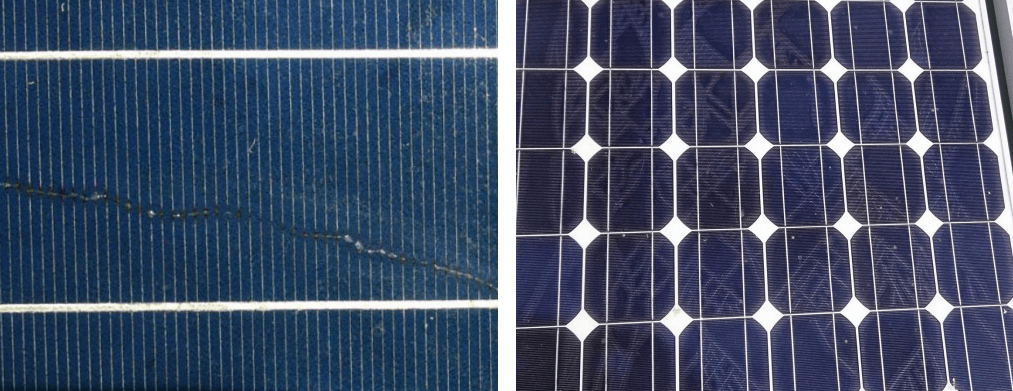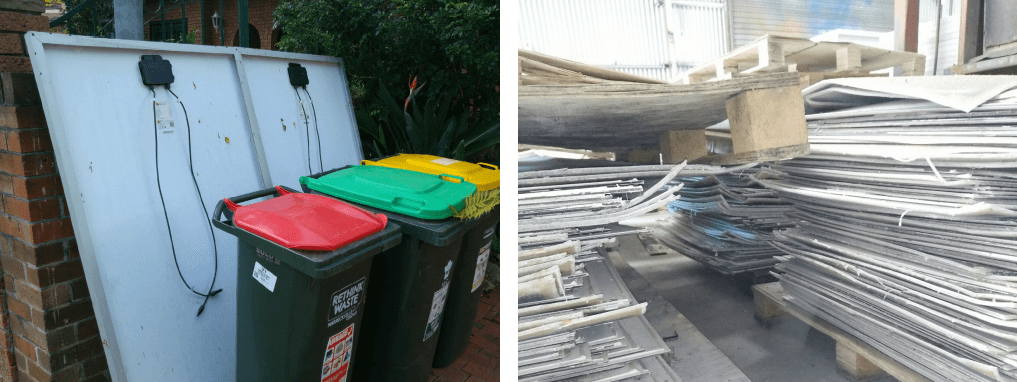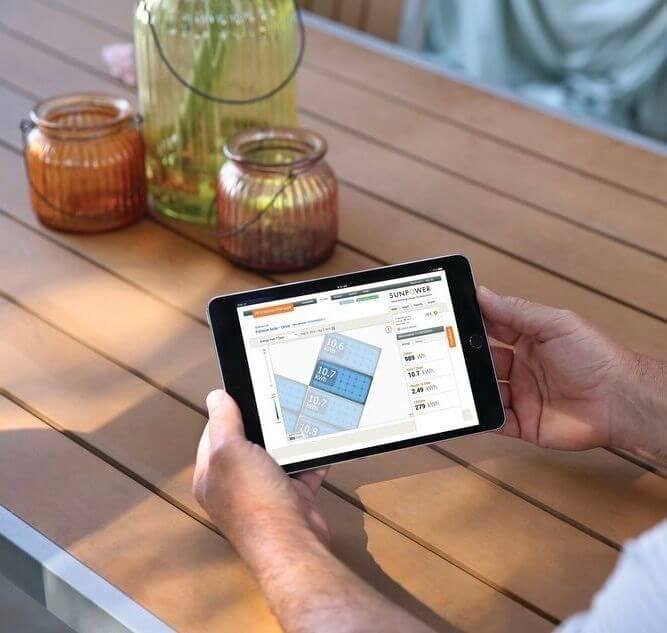What You Need to Know About the Disposal of Solar Panels
- Logan Haggerston
Disposal of Solar Panels: What You Need to Know
The disposal of solar panels has become an increasingly pressing issue as more and more of them reach the end of their useful life. Solar panels are a sustainable and environmentally friendly source of energy, but are there environmentally friendly methods of disposing of used solar panels, unwanted solar panels and solar panel waste?
Fortunately, it is possible to recycle solar panels – a process that has become more common in recent years. Recycling solar system components means we can recover valuable materials from the solar cells and solar modules, such as silicon, glass, and aluminium, which can be used to make new solar panels or other products. However, the process of recycling solar panels can be complex and expensive, and not necessarily something a local waste disposal facility may be able to assist with. Overall, there are still challenges to be addressed in making it more widespread and cost-effective.
It is important for individuals, businesses, and solar installers to be aware of the options and challenges around sustainable methods of disposal to prevent the dumping solar panels. By taking steps to properly dispose of solar power materials, including recycling when possible, we continue to improve the end-to-end sustainability and environmental impact of the solar industry.
Is There a Proper Process for Solar Panel Disposal in NSW?
In New South Wales, the federal government has set a target to achieve 100% recyclability of solar panels by 2030. As a result, several initiatives are underway to establish a proper process for solar panel disposal in NSW.
While there are no specific laws or regulations for the disposal of solar panels in NSW, there are guidelines for the disposal of electronic material and it is important to dispose of them responsibly to prevent harm to the environment. Consumers and businesses are encouraged to contact their solar installer or local councils for proper disposal methods. It is also important to note that solar panels have a lifespan of up to 25 years and can still be used for other purposes, such as off-grid systems or donated to charities.

Current Legislation for Solar Panel Disposal in NSW
The NSW Environment Protection Authority (EPA) has developed guidelines and policies to ensure that solar panels are disposed of safely. Under the Waste Avoidance and Resource Recovery Act 2001, solar panels are classified as electronic waste and must be disposed of in accordance with the EPA guidelines. The guidelines require that solar panels be recycled or reused wherever possible, rather than ending up in landfill.
Overall, both government and industry are committed to ensuring that solar panels are disposed of safely and sustainably, although there are many challenges to address. According to the Circular Solar program, it is estimated that NSW will generate 3,000-10,000 tonnes per year of waste from solar PV panels and battery storage systems by 2025, rising to 40,000-71,000 tonnes per year by 2035. Currently, up to 95% of used solar modules end up in landfill while the rest is put through non-specialised recycling processes that create contamination and make the materials unusable for solar systems in future.
Methods of Solar Panel Disposal
When it comes to disposing of old solar panels, there are a few methods available. In this section, we will explore the three most common ways to dispose of solar panels: recycling, landfill, and repurposing.
Recycling
Recycling is the most environmentally friendly way to dispose of solar panels. It involves breaking down the panels into their component parts, such as glass, plastic, and metal, and reusing them to make new products. The recycling process can be costly, but it is becoming more accessible as the demand for solar panel recycling increases.
In New South Wales, Australia, there are regulations in place that require the proper disposal of electronic waste, including solar panels. This means that recycling is not only the most eco-friendly option but also the most legally compliant. However, it is worth noting that this is not a specialised recycling process, which can lead to contamination. Without a cost-effective solution specifically designed for solar panel recycling, this is not a sustainable long-term solution.
Repurposing
Repurposing solar panels can be a more sustainable option if it’s available. Old solar panels can be repurposed in a variety of ways, such as being used to power smaller devices like garden lights or being turned into art installations.
While repurposing solar panels is not as environmentally friendly as recycling, it is still a better option than sending them to a landfill. In New South Wales, repurposing solar panels is a viable option as long as they are not creating any environmental hazards.
In summary, the most environmentally friendly way to dispose of solar panels is through recycling. However, if recycling is not an option, repurposing solar panels is also a creative way to dispose of them while minimising their impact on the environment.
Landfill
Landfill is the least desirable method of disposing of solar panels. When solar panels are sent to a landfill, they take up valuable space and can release harmful chemicals into the environment as they degrade. However, in some cases, landfill may be the only option available.
In New South Wales, solar panels can be disposed of in a landfill, but only after they have been assessed and deemed safe for disposal. This is to ensure that any potential environmental risks are minimised.

Challenges in Solar Panel Disposal
Disposing of solar panels is a challenge that is becoming increasingly important as the use of solar energy becomes more widespread. One of the main challenges is the fact that solar panels contain hazardous materials which can be harmful to the environment if not disposed of properly.
Another challenge is the lack of a comprehensive recycling infrastructure for solar panels. While some countries, such as Japan and Germany, have established recycling programs for solar panels, many other countries, including Australia, do not have such programs in place. This means that many solar panels end up in landfills.
In addition, the cost of properly recycling solar panels is often higher than the cost of creating new panels. This means that many solar panels are simply discarded rather than being recycled.
Furthermore, there is a lack of awareness among consumers about the proper disposal of solar panels. Many people are not aware that solar panels contain hazardous materials and should not be disposed of in landfills. This lack of awareness can lead to improper disposal of solar panels, which can have negative environmental impacts.
Overall, the challenges in solar panel disposal are significant and require action from governments, manufacturers, and consumers alike. More comprehensive recycling programs, increased awareness of the importance of proper disposal, and investment in research to develop more cost-effective recycling methods are all necessary to address this issue.
Environmental Impact of Solar Panel Disposal
The disposal of solar panels has become a pressing issue as the number of decommissioned panels continues to grow. While solar energy is considered a clean and renewable source of energy, the disposal of solar panels can have a negative environmental impact if not handled properly.
According to a report by the International Renewable Energy Agency (IRENA), the amount of annual waste from solar panels is anticipated to be significant by the early 2030s and could total 78 million tonnes by the year 2050. The report further states that most of the waste generated from solar panels will be in the form of glass and metals such as copper and aluminium.
One of the major environmental impacts of solar panel disposal is the amount of space required for landfilling. As the number of decommissioned solar panels increases, more space will be required for their disposal. This can lead to the depletion of valuable land resources and can also contribute to the emission of greenhouse gases.
To address these issues, the Australian government is considering law reforms to regulate the disposal of solar panels. However, there is still a need for more research and development in the area of solar panel recycling to reduce the environmental impact of solar panel disposal.

Key Takeaways
- Solar panel disposal focuses on recycling, repurposing, or landfill, with recycling as the preferred method.
- NSW aims for 100% recyclability of solar panels by 2030, with current guidelines treating them as electronic waste.
- Challenges include hazardous materials in panels, lack of recycling infrastructure, and higher costs for recycling compared to new production.
- Environmental concerns include landfill space and potential release of harmful materials.
- Actions needed include more recycling programs, consumer awareness, and research on cost-effective recycling methods.
Get a Solar Power System Quote Today!
If you’re looking to install a fully equipped solar power system, our dedicated local team will examine your unique property for a quote. Our expert installers can help you find the best solar system solution for your needs, using reliable and trusted brands.


